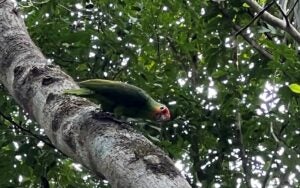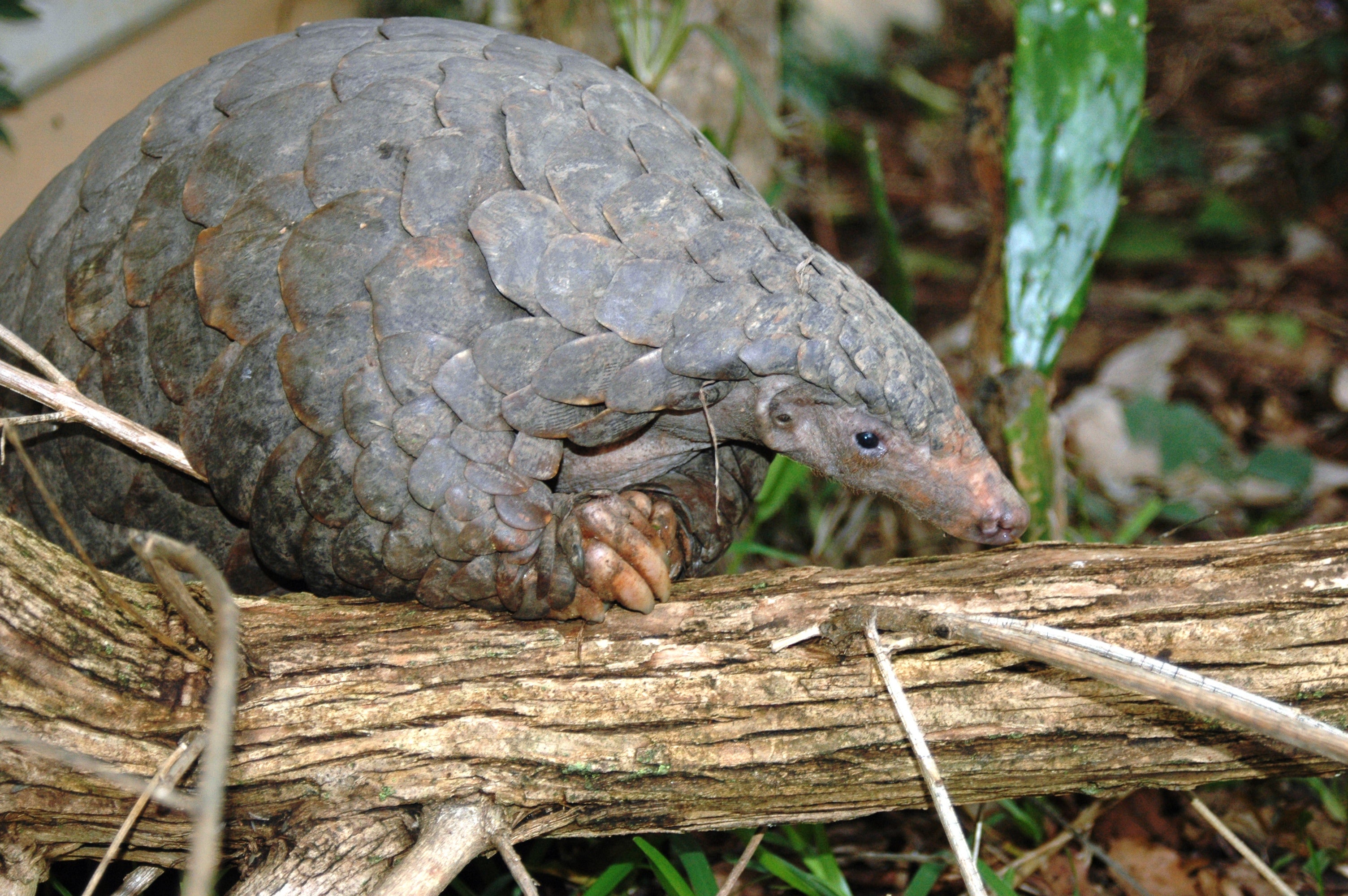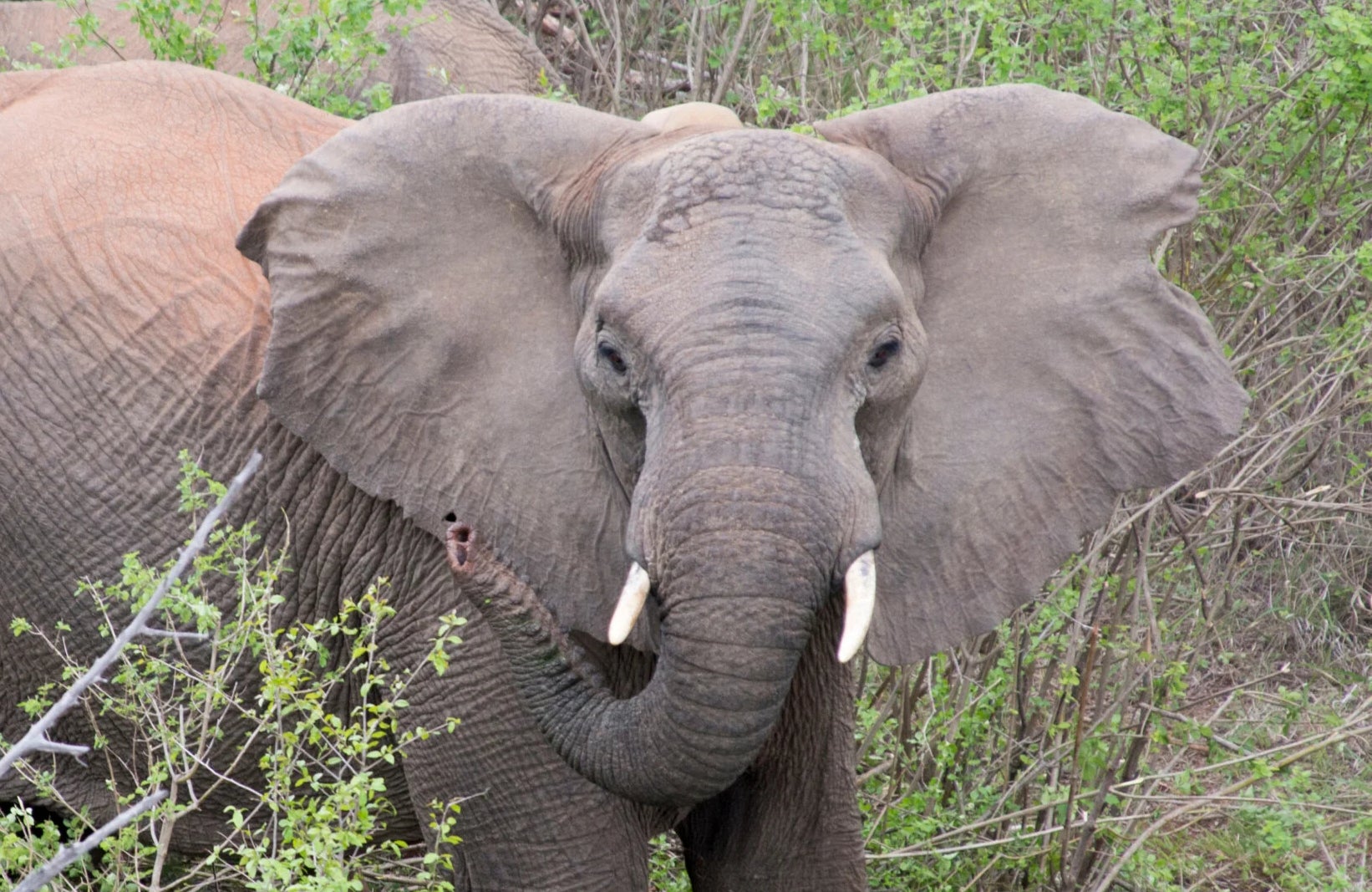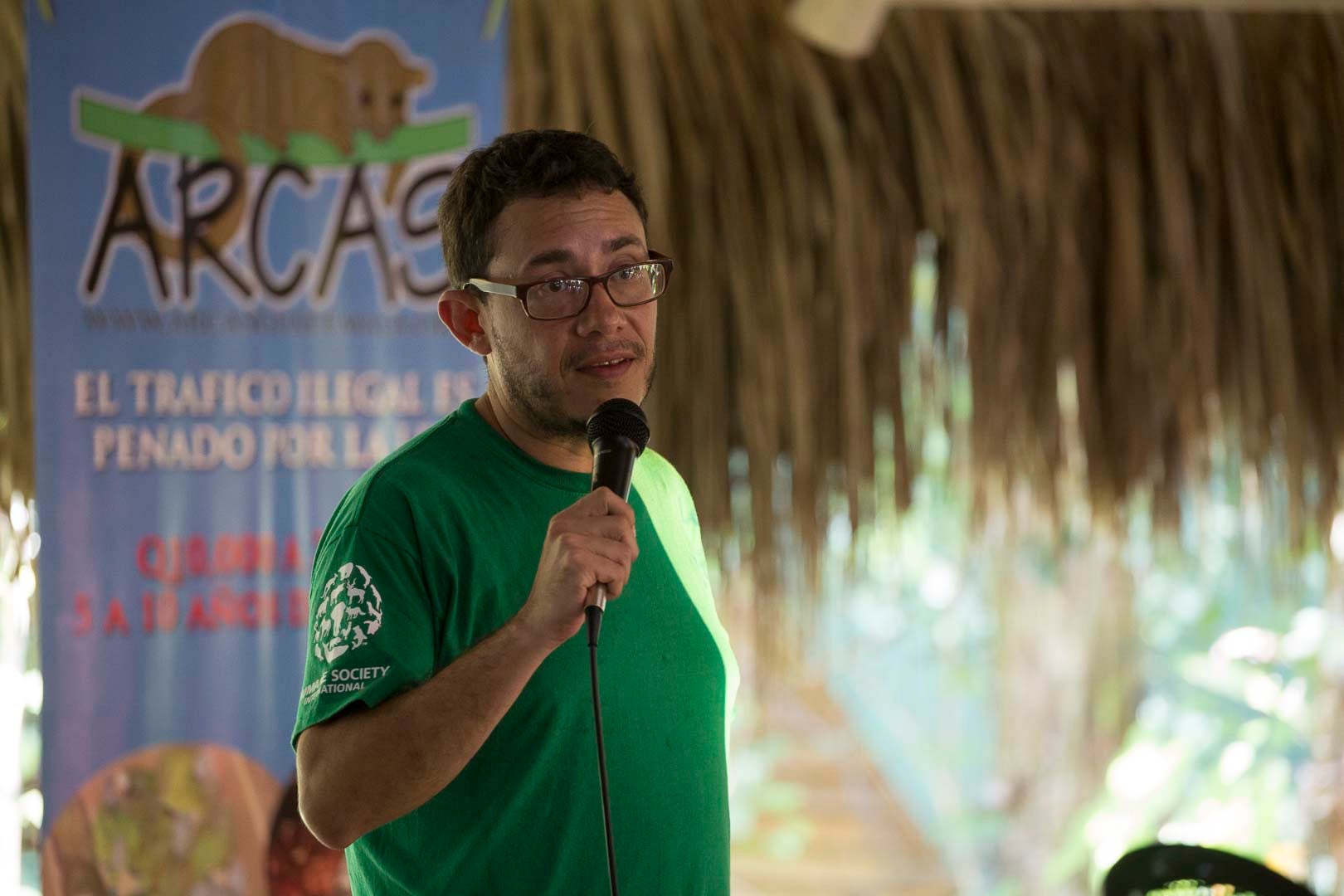
PETEN, Guatemala—Thirty-six parrots (Amazona autumnalis, Amazona albifrons and Pionus senilis) were released in the Rio Azul National Park, in Peten, Guatemala, on May 25, after being rescued from illegal trafficking and going through a rigorous rehabilitation process.
The birds’ release resulted from a joint effort by non-governmental, non-profit organizations, Asociacion Rescate y Conservacion de Vida Silvestre and Humane Society International/Latin America, who have been working together since 2007 in wildlife protection and conservation in Guatemala.
Under the guidance of the National Council for Protected Areas (in Spanish: Consejo Nacional de Areas Protegidas, or CONAP), ARCAS Wildlife Rescue Center and HSI staff facilitated the return of the 36 parrots of different species to the forest. Some of the parrots were victims of wildlife trafficking and others experienced negative interaction with humans.
According to ARCAS director, Fernando Martinez, the rescue center carries out physical, medical and ethological rehabilitation of the different species that enter as a result of illegal trafficking, under strict scientific management standards. The animals are later released in the Mayan Biosphere Reserve.
“The Rescue Center’s mission is to reinforce existing wildlife populations, to prevent the extinction of species, and thus ensuring that there are healthy populations capable of adapting and reproducing in their natural habitat,” said Martinez.
Mauricio Mota, advocacy officer for ESAP, supported by HSI/Latin America, explained that keeping parrots as pets is a frequent activity in Guatemala, and they are obtained mainly through illegal wildlife trafficking, which puts populations at risk.
“That is why HSI/Latin America and ARCAS work to ensure a successful rehabilitation of these animals and thus give them a second chance to live in freedom. Also, we urge everyone to refrain from buying these animals as pets, to not purchase objects that contain parts or derivatives of wild animals, and to report to the authorities any suspicious activity regarding wildlife,” said Mota.
The parrots will be monitored during a couple of weeks after the release, through sightings on trails and on observation platforms.
ENDS
Media Contact: Mauricio Mota: 502-324-38475; mmota@hsi.org



